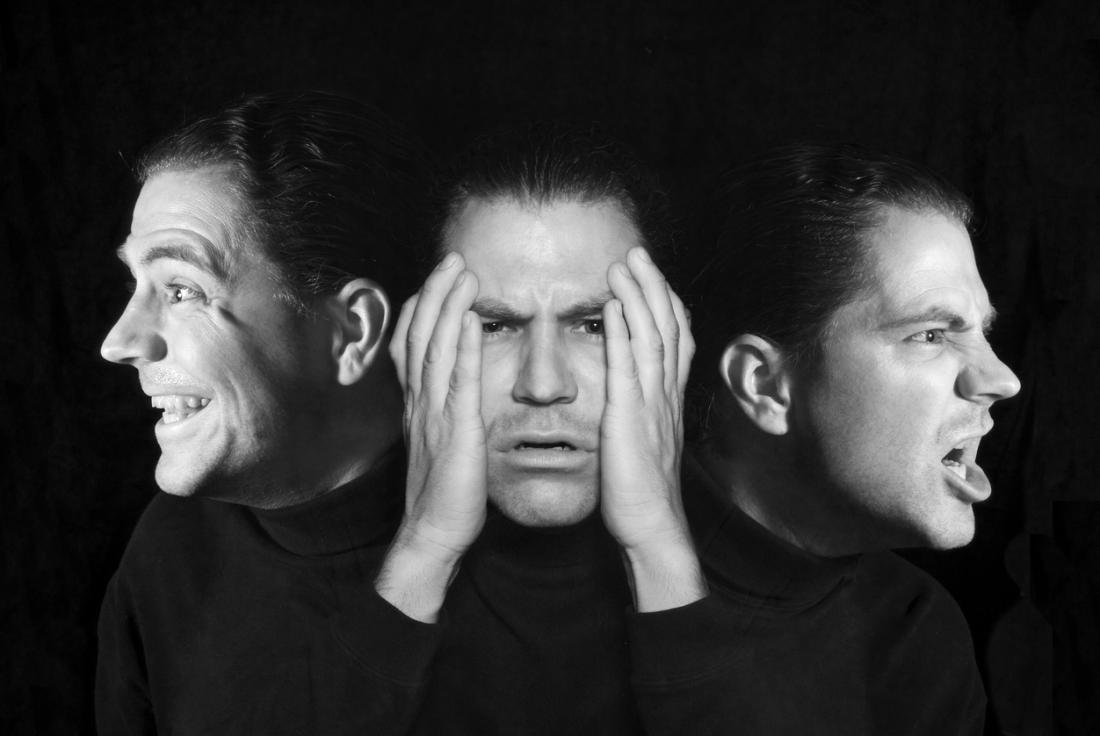Bipolar Disorder: Understanding Mood Swings That Affect Daily Life
Bipolar disorder (also called bipolar affective disorder) is a mental health condition characterized by significant changes in mood, energy, and activity levels. People with bipolar disorder experience distinct periods of depression (low mood and loss of interest) and mania or hypomania (elevated or irritable mood) that can affect day-to-day functioning.

What Does Bipolar Feel Like?
Everyone’s experience with bipolar disorder is different, but most people notice clear changes in mood and behaviour over time. These mood phases may last for days, weeks, or even months, and can significantly disrupt daily routines, work, relationships, and overall well-being.

Common Symptoms of Bipolar Disorder
Feeling unusually happy, energetic, or “on top of the world”
Talking more than usual, with racing thoughts
Reduced need for sleep but still feeling very energetic
Increased activity or risky behaviour (e.g., impulsive spending, risky decisions)
Feeling overly confident or having grand ideas
Difficulty focusing due to many thoughts at once
Persistent sadness or emptiness
Loss of interest in things once enjoyed
Low energy or fatigue
Changes in sleep and appetite
Difficulty concentrating
Feelings of worthlessness or hopelessness
What Causes Bipolar Disorder?
The exact cause of bipolar disorder isn’t completely understood, but it typically involves a combination of:
Biological factors: Differences in brain chemistry and function
Genetic influences: Family history of mood disorders
Environmental factors: Stressful life events or changes in routine
Like depression, bipolar disorder reflects a complex interplay between biological, psychological, and social influences.
Treatment Options for Bipolar Disorder
Medication: Mood stabilizers and other medications help regulate mood shifts.
Therapy: Psychotherapy (such as Cognitive Behavioural Therapy or family-focused therapy) supports coping skills, stress management, and relapse prevention.
Maintain a consistent sleep schedule
Balanced nutrition and regular physical activity
Mindfulness, relaxation, or stress-reduction practices
Tracking mood and triggers using journals or apps
Social support from friends, family, or support groups can also play a meaningful role in recovery.
Everyday Self-Care Tips
Keep a regular routine: Consistency can lessen mood swings.
Sleep matters: Aim for steady sleep-wake times.
Stay active: Even light exercise can improve overall wellbeing.
Connect with others: Social support helps during low or manic phases.
When Should You Seek Help?
If you notice unusual shifts in mood, energy, or behavior that interfere with work, relationships, or daily life — especially if these symptoms cycle between highs and lows — consider reaching out to a psychiatrist or mental health professional for evaluation.

